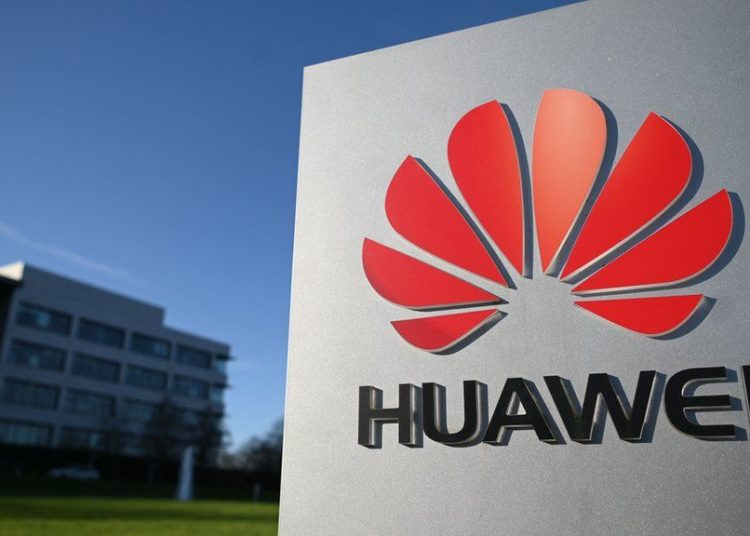Huawei Digital Power, has launched its full range of FusionSolar Smart PV and Energy Storage System (ESS) solutions to the Sub-Saharan African market to boost renewable energy.
The launch, which took place at the Solar Show Africa 2022 will be crucial if the region is to meet its development goals and ensure that all of its people have access to electricity.
Africa has the biggest potential of solar energy around the world, with long-term output of 4.51 kWh/kWp per day. However, at present, Sub-Saharan Africa accounts for 77 per cent of the global population without electricity access, and that proportion has increased since the start of the COVID-19 pandemic.
The vice director of Huawei Smart PV Sub-Saharan Africa, Victor Koyier, said: “we know that Sub-Saharan Africa is ideally poised to take advantage of renewable energy and solar in particular.
“But we also know that digital technologies are key to unlocking its potential. We believe that our full suite of Huawei FusionSolar Smart PV and ESS solutions will help stakeholders at the utility, C&I, and residential scenarios by ensuring that solar systems are more affordable, more effective, and easier to maintain.”
The solutions Huawei launched in Africa include; FusionSolar Smart PV Solution 6.0+, which enables a PV system to be adapted to various grid scenarios, especially, in a weak grid environment; Residential Smart PV Solution and Commercial & Industrial Smart PV Solution offers an all-around clean energy experience to homes and businesses respectively with optimised electricity costs, active safety, smart operation and maintenance (O&M) and intelligent assistance for an enhanced experience.
“These solutions are ideally poised to help advance the adoption of renewables at all scales across the region. Take active safety feature for example, the industry-leading AFCI technology enables precise fault detection and emergency disconnection, which drastically improving the system’s safety.
“We can also increase power generation by over two per cent under the same conditions and increase installation volume by up to 30 per cent while using the power optimizers in C&I and residential scenarios, which can be directly translated to further electricity cost reduction,” Kovier said.
He added that, “by bringing the knowledge that we have accumulated in the ICT space to the power sector, we can help make the supply and management of energy smart.”





